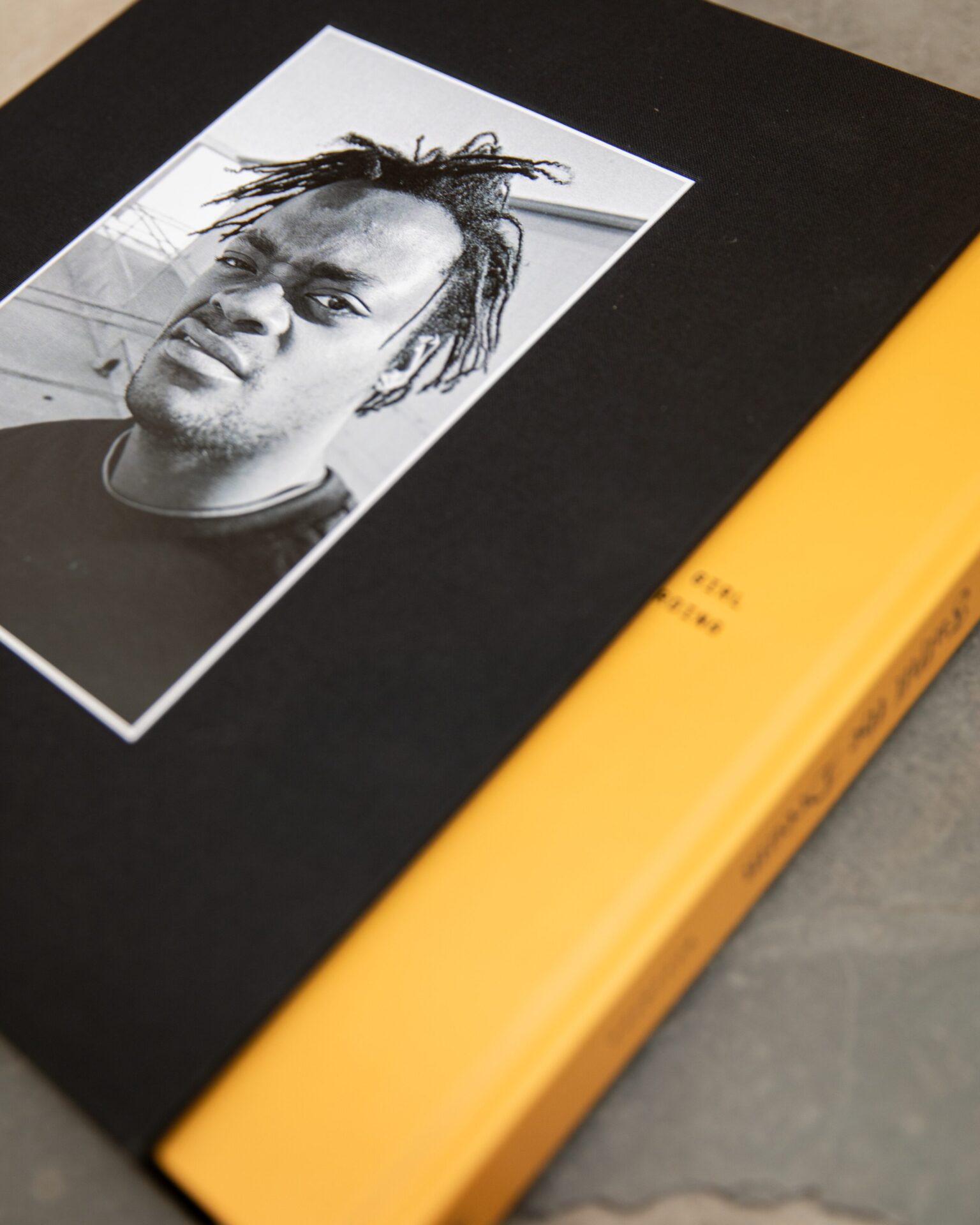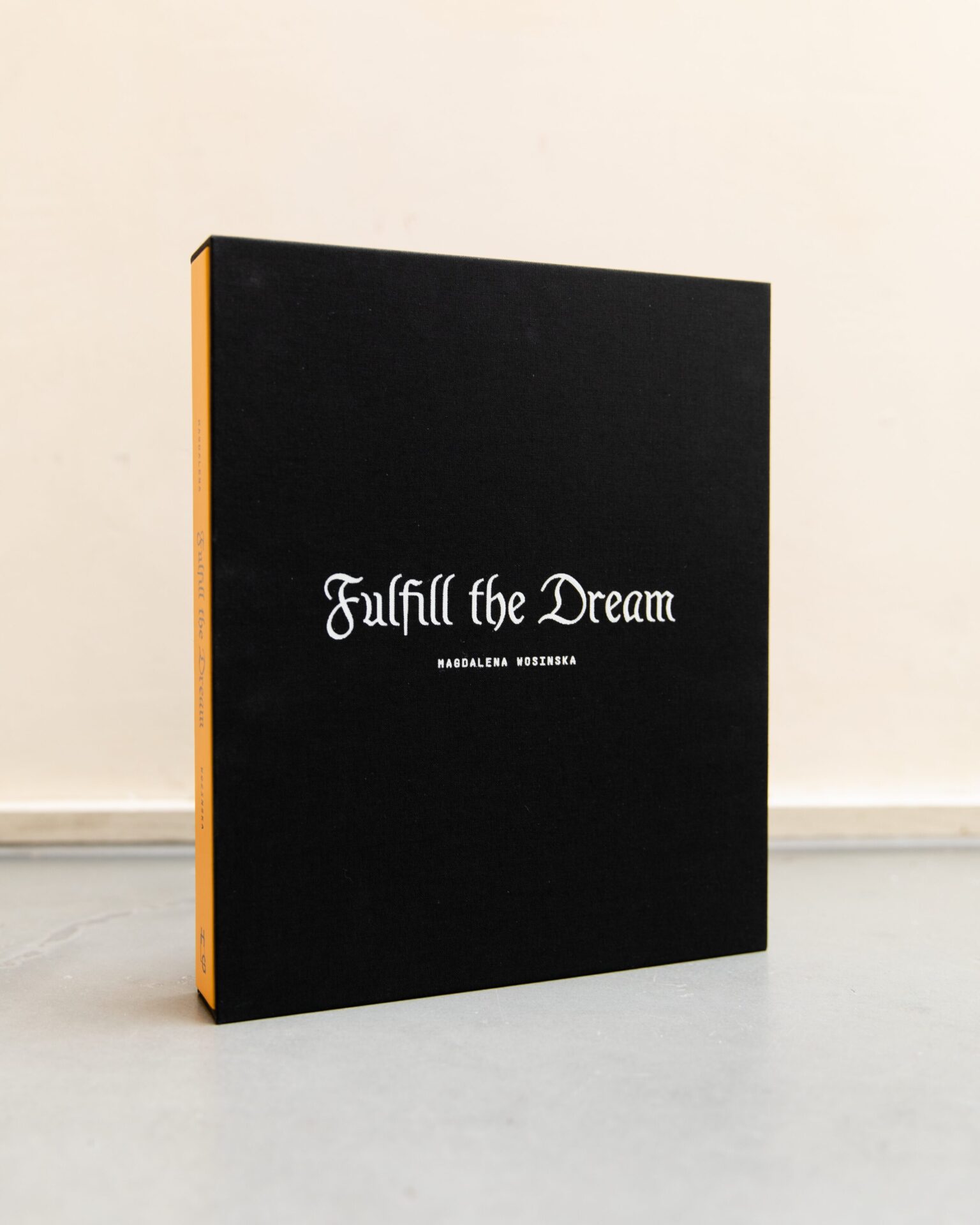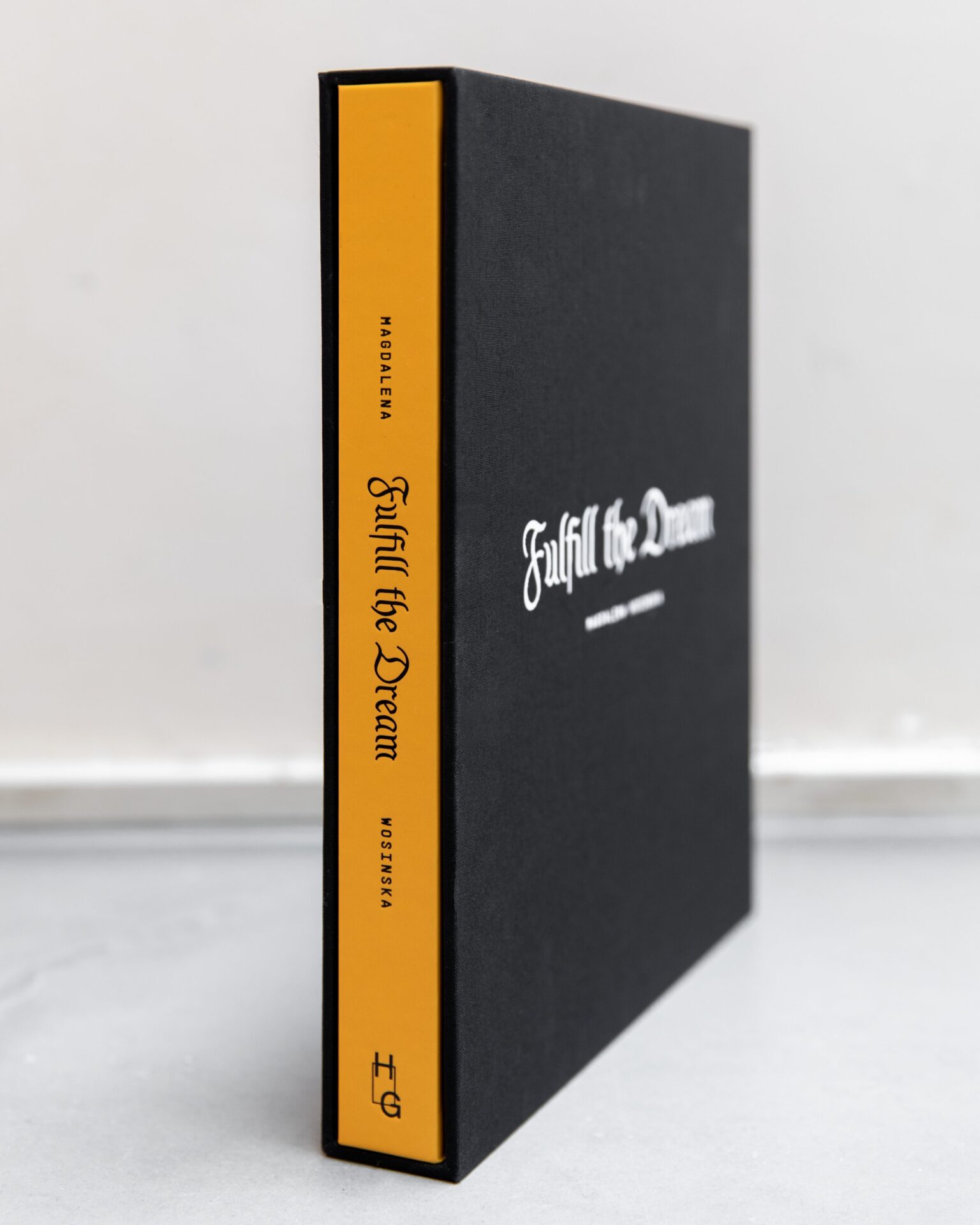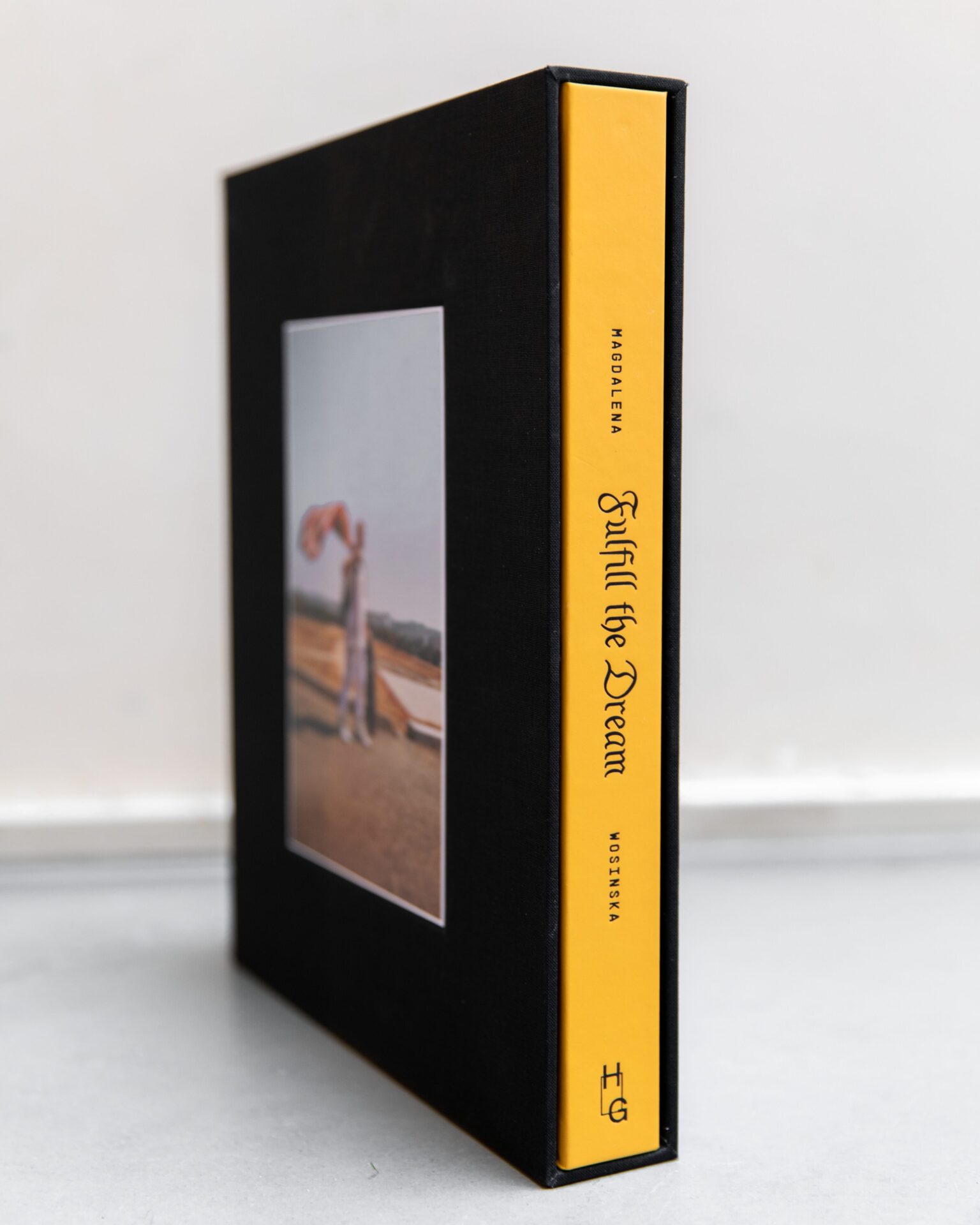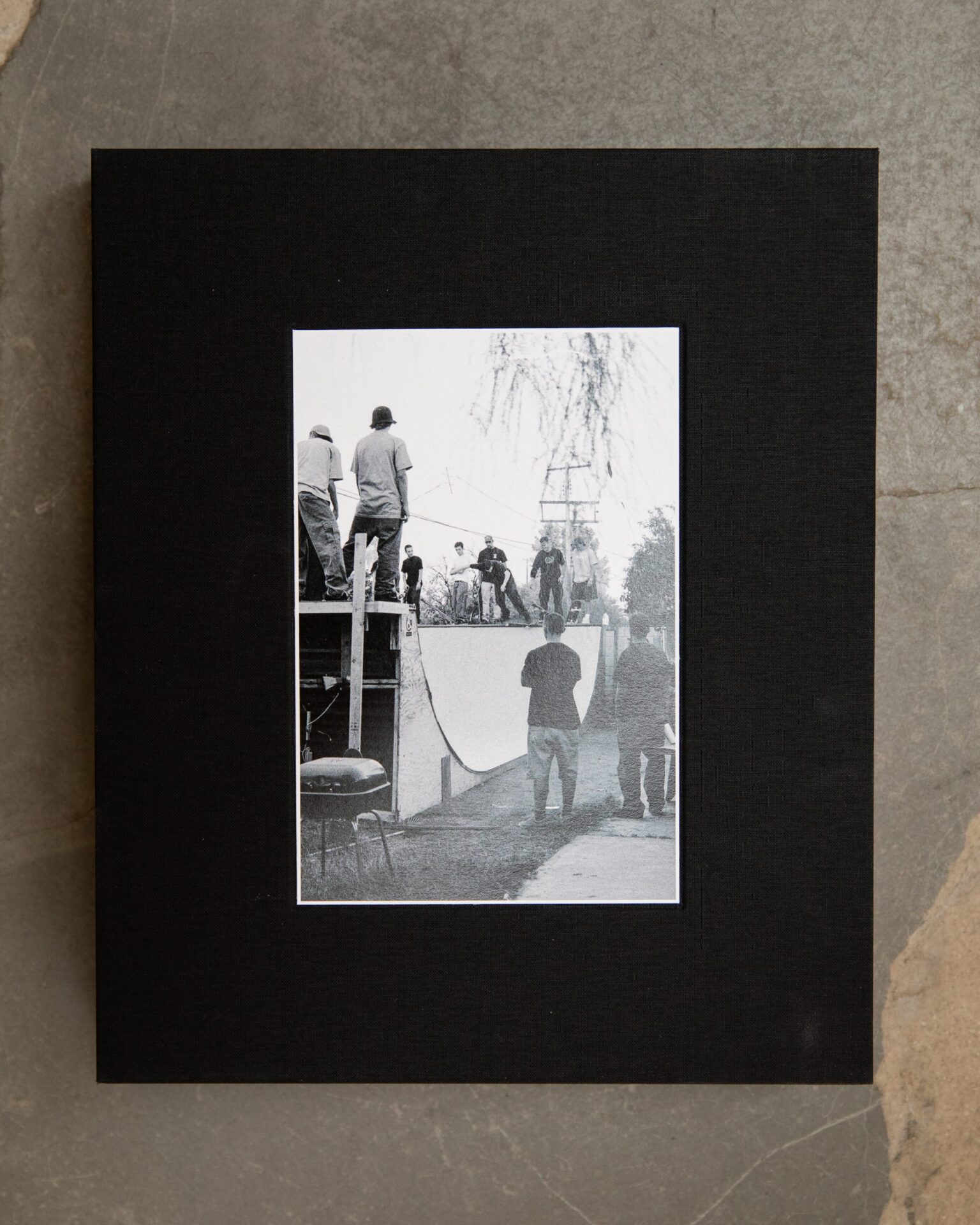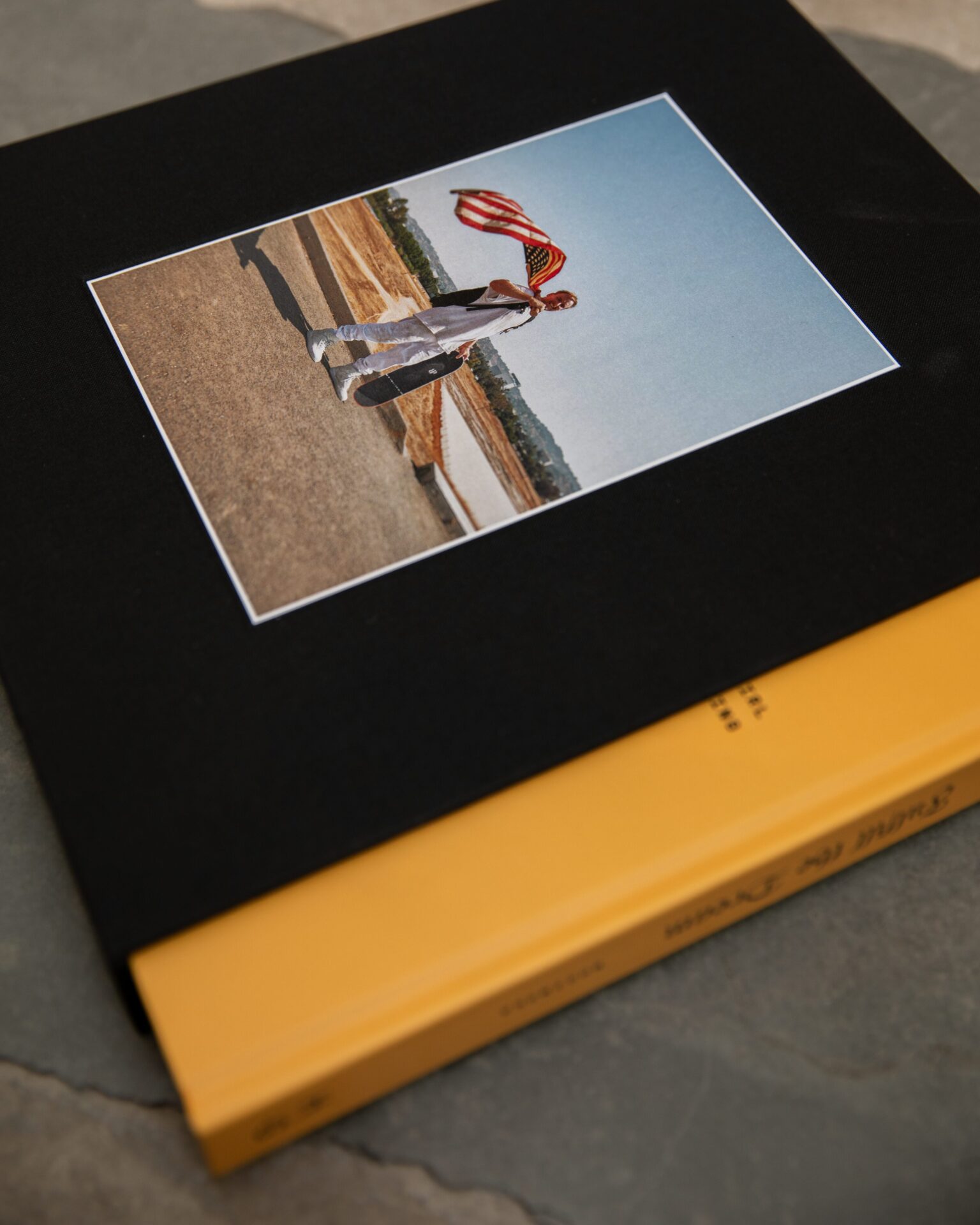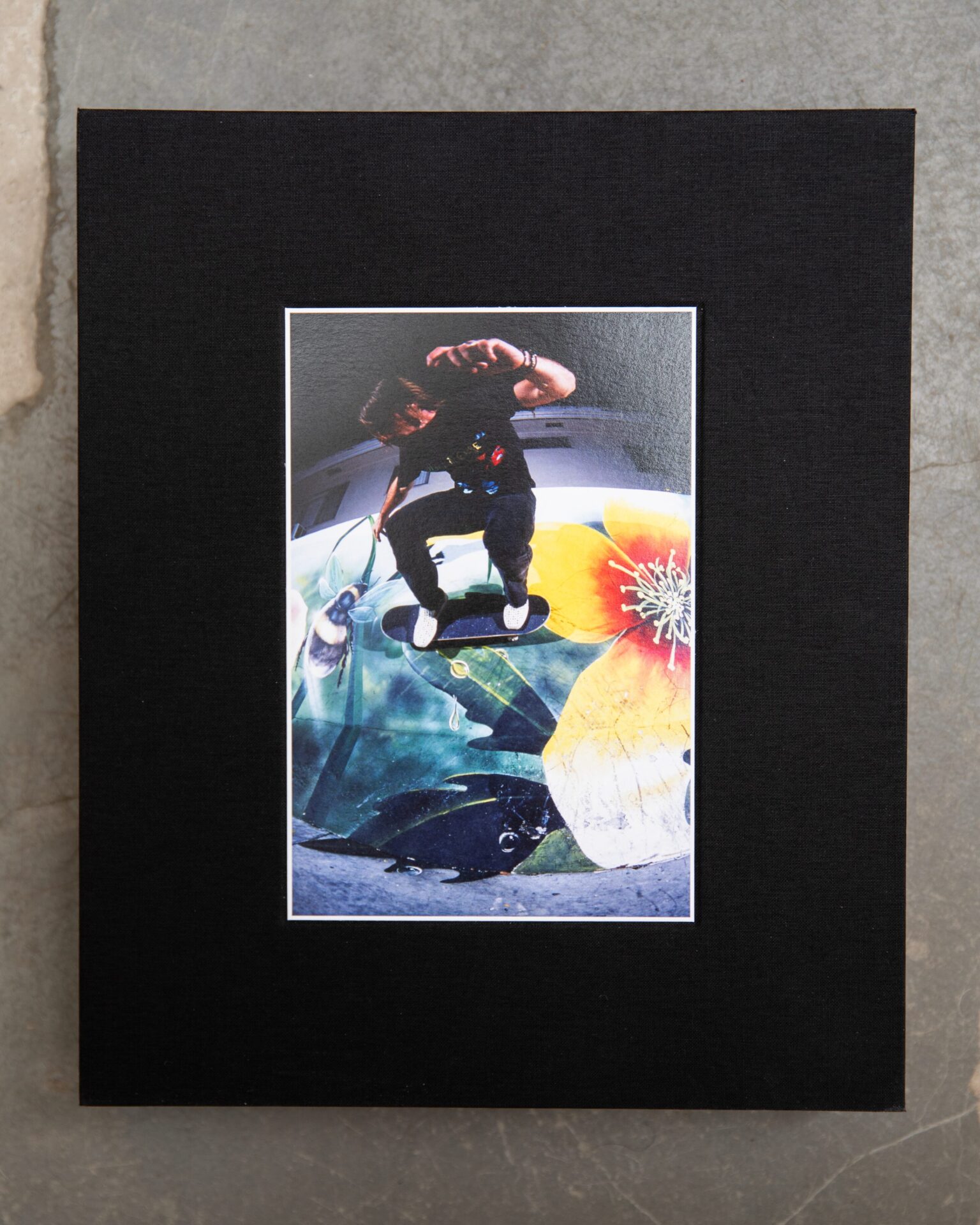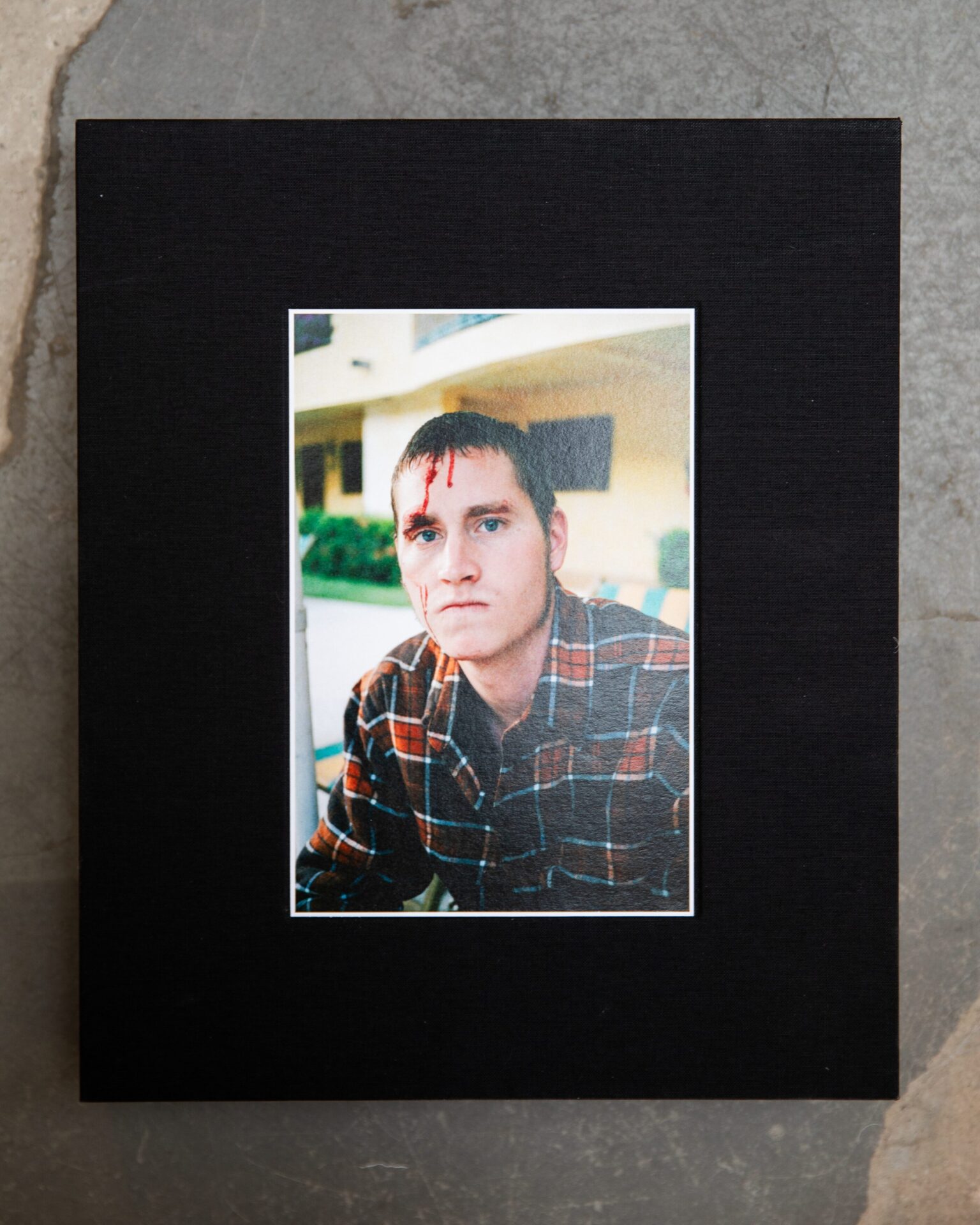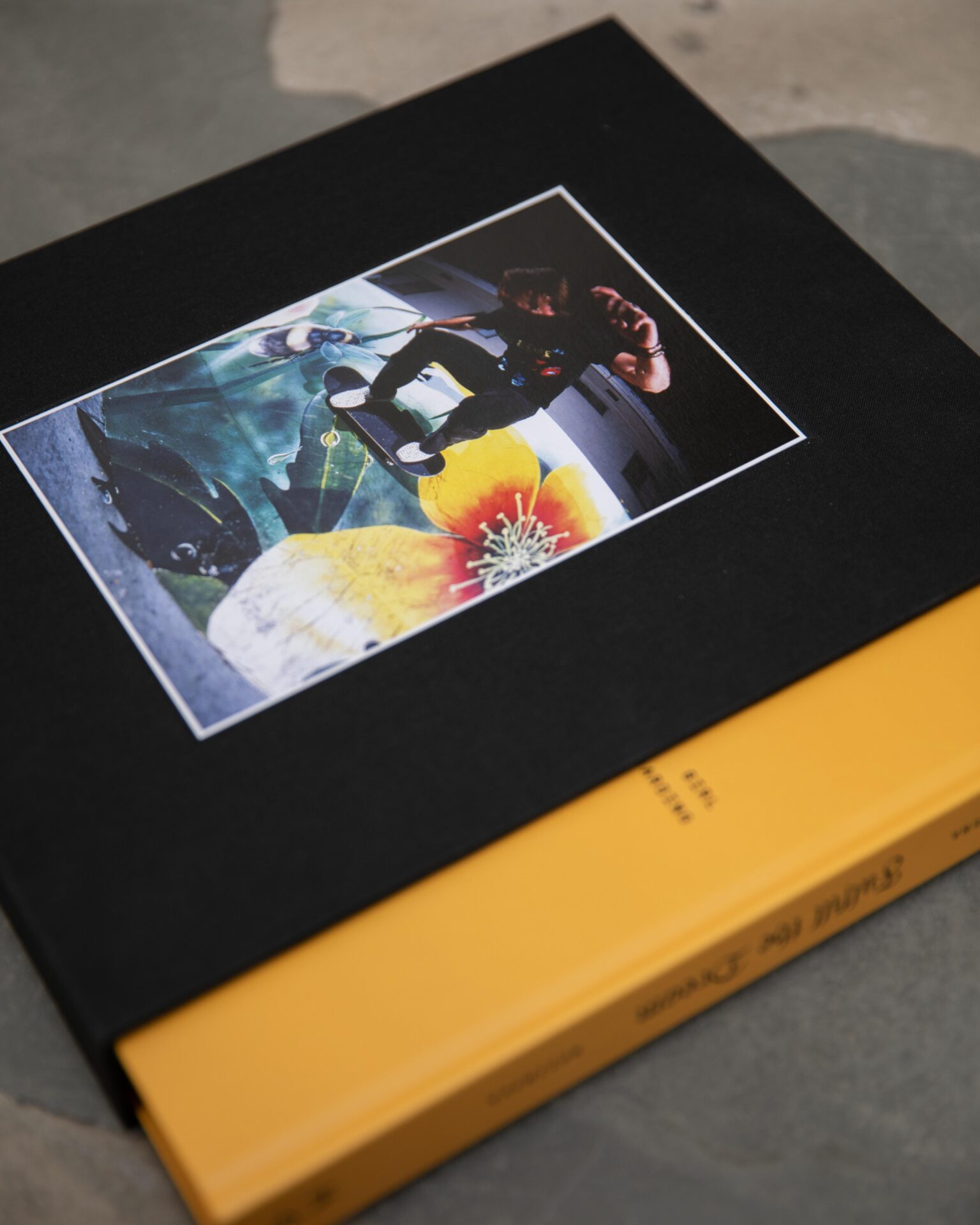Magdalena Wosinska’s presence and perseverance earned her a unique respect and point of view—in a most unruly world where women were virtually invisible. In a subculture that is notorious for an almost blasé, laissez-faire masculinity, claiming your space as a teenage girl is an act of boldness. As a women-led gallery and publisher, we believe in the power of such narratives, ensuring they are known and seen.
After immigrating to the U.S. from communist Poland in 1991 as a child, Wosinska found a coping mechanism for culture shock in her camera. It became her passport to a territory ruled by boys, and a language for fitting in and forming heartfelt friendships in the nineties skate community.
In this photographic diary, her raw, visceral images and self-portraits juxtapose with the nascent moments of future skate icons. Focusing mainly on the West coast, with stints in New York, Wosinska chronicled a transformative era in skateboarding as the phenomenon evolved into a lucrative profession. Capturing names like Chad Muska, Austyn Gillette, Jim Greco, Harold Hunter, Ed Templeton, Eric Ellington, Ali Boulala and many other influential skaters.
Simultaneously, we witness her uncertain metamorphosis from a tomboy, navigating womanhood, identity, heartbreak, self-doubt and the fear of rejection. Capturing the dualities that have shaped her life: the joy and exhilaration of skateboarding, meaningful human connections, the adrenaline-fueled arena of drugs, prejudice, the deep need to find a place of belonging and struggles with mental health.
During this period in her life, she developed the sensibility she now employs in her gripping photography: a spontaneity that borders on the ephemeral without lurching into mannerism. This distinctive style later secured her prolific covers and campaigns for major brands and A-list celebrities. From Facebook and Harley Davidson to Nike, her work has been sought after by musicians and actors including Dave Grohl, Keanu Reeves, George Clooney, Joaquin Phoenix, Billie Eilish and many more.
Her quest for love and acceptance, fueled by her desire to become a skate photographer, is one that is universal. It remained a guiding light through her most testing hardships, shaping both her career and close, authentic connections. In embracing vulnerability, albeit at a cost, she transformed it into a force, extending recognition to others and relieving their feelings of loneliness.
This book gives an unvarnished look into her journey. Taking shape in a visual memoir, a semi-chronological monologue: this is Magdalena in her own words, with an openness that is raw and intimate. Profoundly open and, at times, openly profound, her anecdotes and imagery are graphic, striking. This is a story about promises kept and fulfilled, and a dream achieved.
